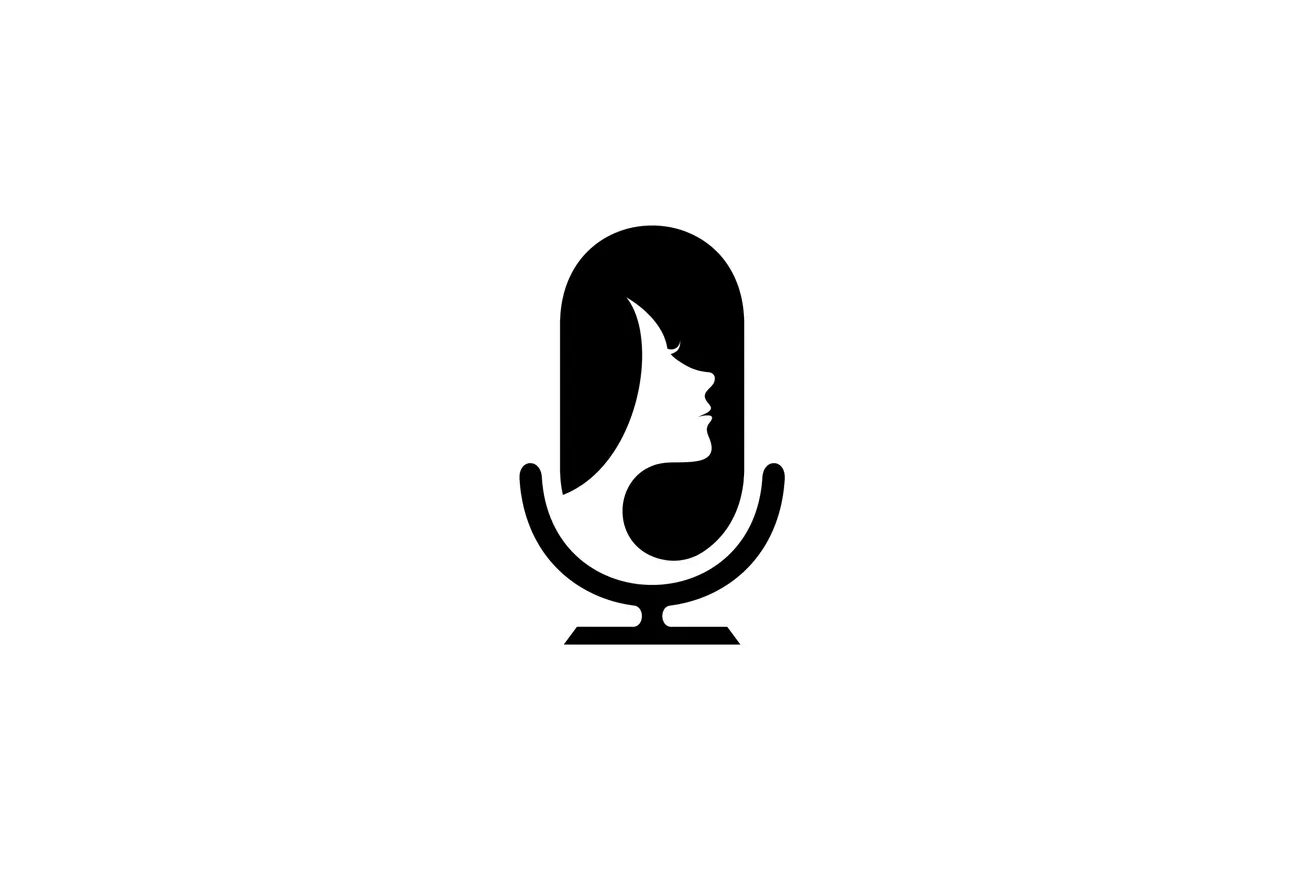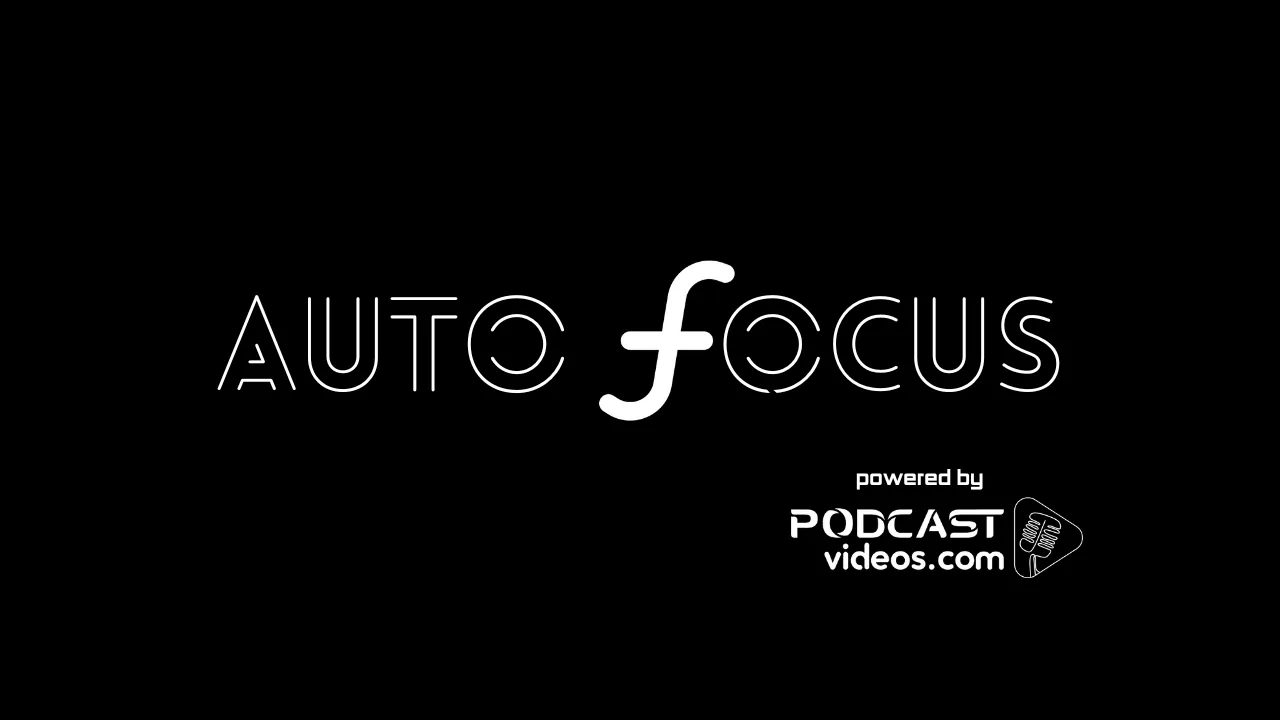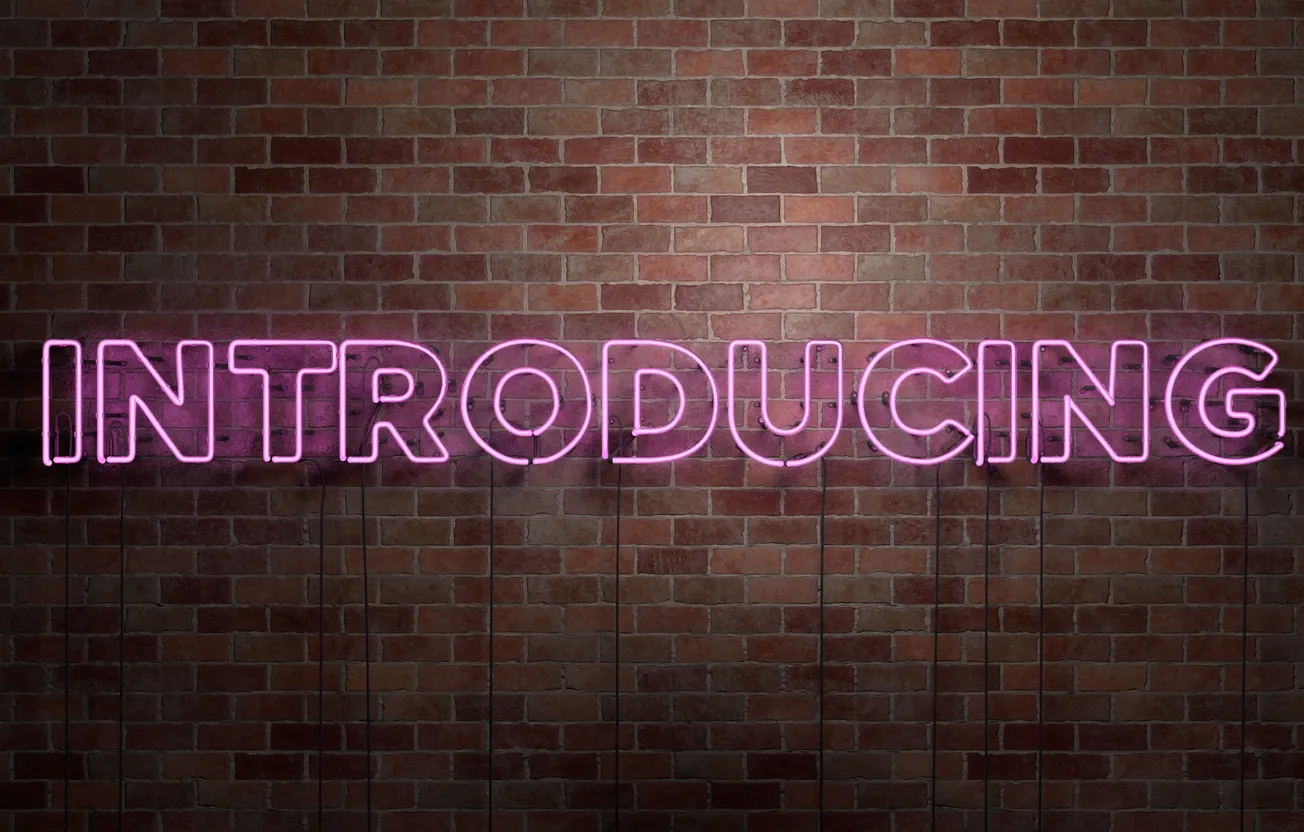Innovations in natural language processing have enabled tools to transform traditional digital formats like PDFs, text documents, and videos into engaging audio content. PDFs, long a staple for sharing static content like reports, e-books, and white papers, are now being converted into audio formats for broader accessibility.
Narralize, a tool that converts PDF files into multilingual audio summaries, is among the pioneers in this field. Users upload their PDFs, select a language, and receive concise audio summaries. This AI-powered service is designed to make complex information digestible and portable, expanding the reach of content creators to include auditory learners and multitaskers.
Several other platforms are emerging to cater to this growing demand:
Wondercraft’s PDF to Podcast Generator allows users to transform PDFs into audio with customizable AI voices, creating a polished podcast-ready product.
VEED.IO provides tools to convert PDFs into narrated scripts, suitable for podcasts or instructional content.
Inpodcast AI supports PDF, DOCX, and Markdown formats, enabling creators to produce natural-sounding podcast episodes from static documents.
PDF to Pod emphasizes human-like voice quality, offering PDF-to-audio conversion for educational and professional use.
Converting Text Documents to Spoken Word
Beyond PDFs, tools for transforming text-based formats such as DOCX, TXT, and HTML into audio have gained traction, leveraging text-to-speech (TTS) technologies.
NaturalReader supports a variety of file formats, offering natural-sounding voice options and compatibility with web pages and e-books.
Balabolka is a free tool that converts text into audio in formats like MP3, with user-adjustable voice characteristics.
Amazon Polly, a cloud-based TTS service, creates dynamic, lifelike voices for applications ranging from personal assistants to accessible content delivery.
These tools democratize access to information, particularly for individuals with visual impairments or those who prefer audio over reading.
Extracting Audio from Video Content
Videos, often rich in visual and auditory elements, are another fertile ground for audio extraction. Converting video content into standalone audio files is enabling creators to repurpose material for podcasts and audiobooks.
Descript offers easy detachment of audio from video, a feature frequently used by podcasters to repurpose interviews or discussions.
VLC Media Player, a popular open-source tool, enables users to save audio tracks from video files in formats like MP3.
FFmpeg, a command-line-based utility, supports multimedia conversion, including precise audio extraction from videos.
Transcribing Video into Audio Narratives
For creators who want to convert spoken video content into text and then into polished audio, transcription tools like Vizard and VEED.io provide AI-powered accuracy. These platforms allow creators to edit scripts or produce narration-ready audio for broader distribution.
Audio conversion is not limited to documents and videos. E-books, spreadsheets, and even social media posts are being converted into audio, widening the scope of accessibility.
Services like Voice Dream Reader enable users to listen to e-books in real time, offering an immersive experience for readers who prefer auditory engagement.
Social Media and Web-to-Audio Innovations
Audiofy transforms blog posts and articles into short podcasts, making web content accessible to users who lack the time to read.
Play.ht converts web pages and online articles into professional-quality audio using advanced TTS engines.
Implications for Accessibility and Content Creation
The rise of tools converting digital formats into audio is transforming industries. For content creators, these technologies offer new avenues to repurpose material, engage diverse audiences, and expand reach. For consumers, they provide unprecedented accessibility and convenience, particularly for individuals with disabilities or those with limited time.
The ability to convert formats into audio has become a cornerstone of digital inclusion. Tools now support multilingual capabilities, ensuring that global audiences can access content in their preferred language.
Authors, educators, and marketers are finding new opportunities to transform text-heavy documents into podcasts or narrated summaries, maximizing their impact across different media.
As AI technology continues to evolve, the ability to convert diverse digital formats into high-quality audio will only improve. Future developments are expected to include greater customization, real-time multilingual translation, and seamless integration across devices and platforms.










